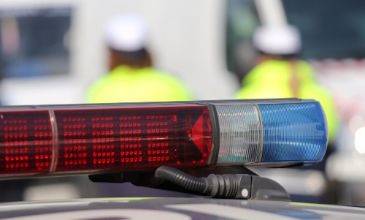When a single-vehicle rollover accident occurs, it’s common to assume that the driver was somehow at fault. However, other factors can also lead to a rollover crash that does not involve more than one vehicle. Negligent drivers of other vehicles, roadway obstacles, adverse weather conditions, and defective vehicle steering or tires may also be to blame.
 According to the National Highway Traffic Safety Administration (NHTSA), rollover accidents have a higher fatality rate than most other accidents on the road. One NHTSA study found that although only two percent of accidents on U.S. roads in any given year are rollovers, these fatal car accidents claim 23 percent of the lives lost in U.S. crashes every year.
According to the National Highway Traffic Safety Administration (NHTSA), rollover accidents have a higher fatality rate than most other accidents on the road. One NHTSA study found that although only two percent of accidents on U.S. roads in any given year are rollovers, these fatal car accidents claim 23 percent of the lives lost in U.S. crashes every year.
A vehicle may roll over for many reasons. A near-collision with another vehicle, an animal in the road, or another obstacle may cause a driver to overcorrect, tipping the vehicle. Snowy or icy roads can cause a vehicle to skid and perhaps roll, especially if it leaves the road and heads down an embankment. Hidden defects in vehicle steering or tires can also cause a rollover, especially if a tire blows out or steering doesn’t respond correctly when the wheel is turned.
Rollover accidents can cause serious injury or death. If you or someone you love has suffered a rollover in Colorado and you think another’s negligence may be to blame, don’t hesitate to contact the experienced Colorado Springs rollover accident attorneys at The Bussey Law Firm, P.C. Our number is (719) 475-2555, and your initial consultation is free and confidential.
